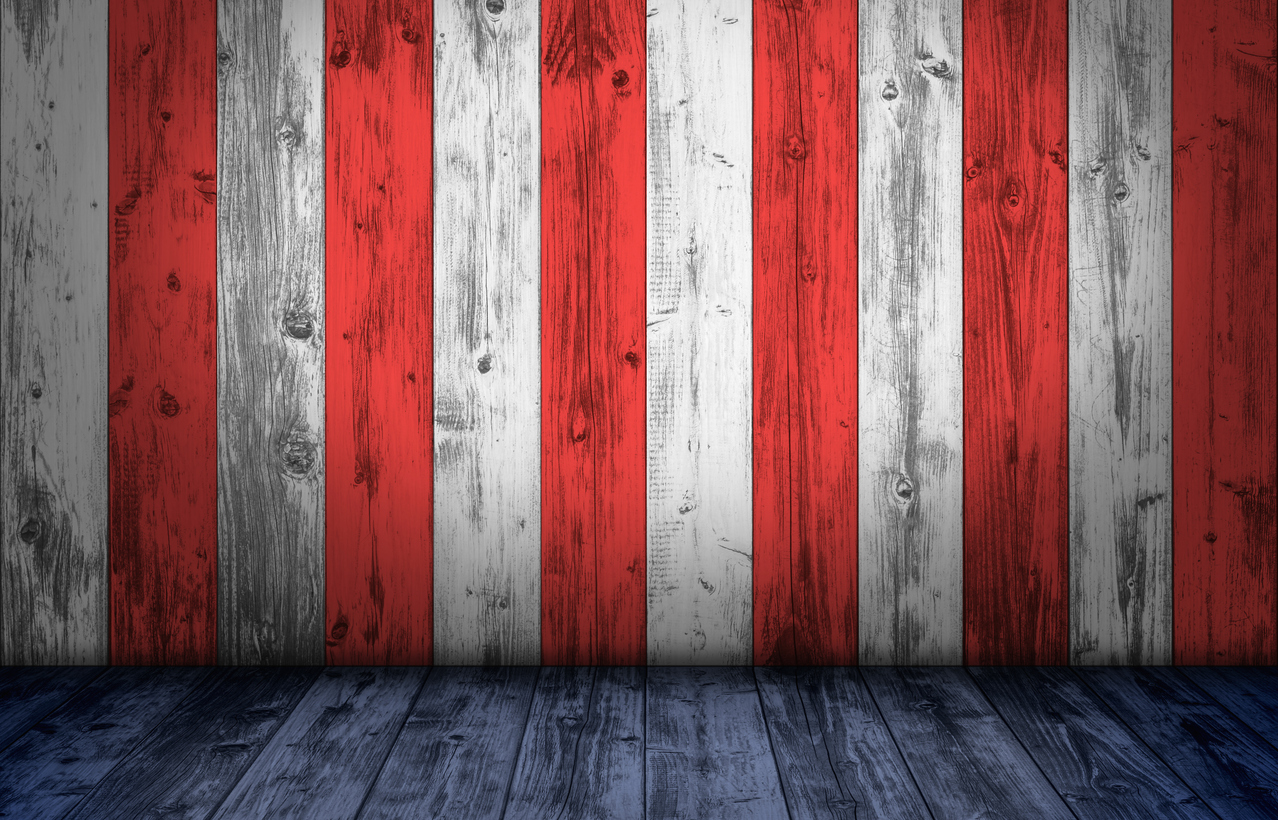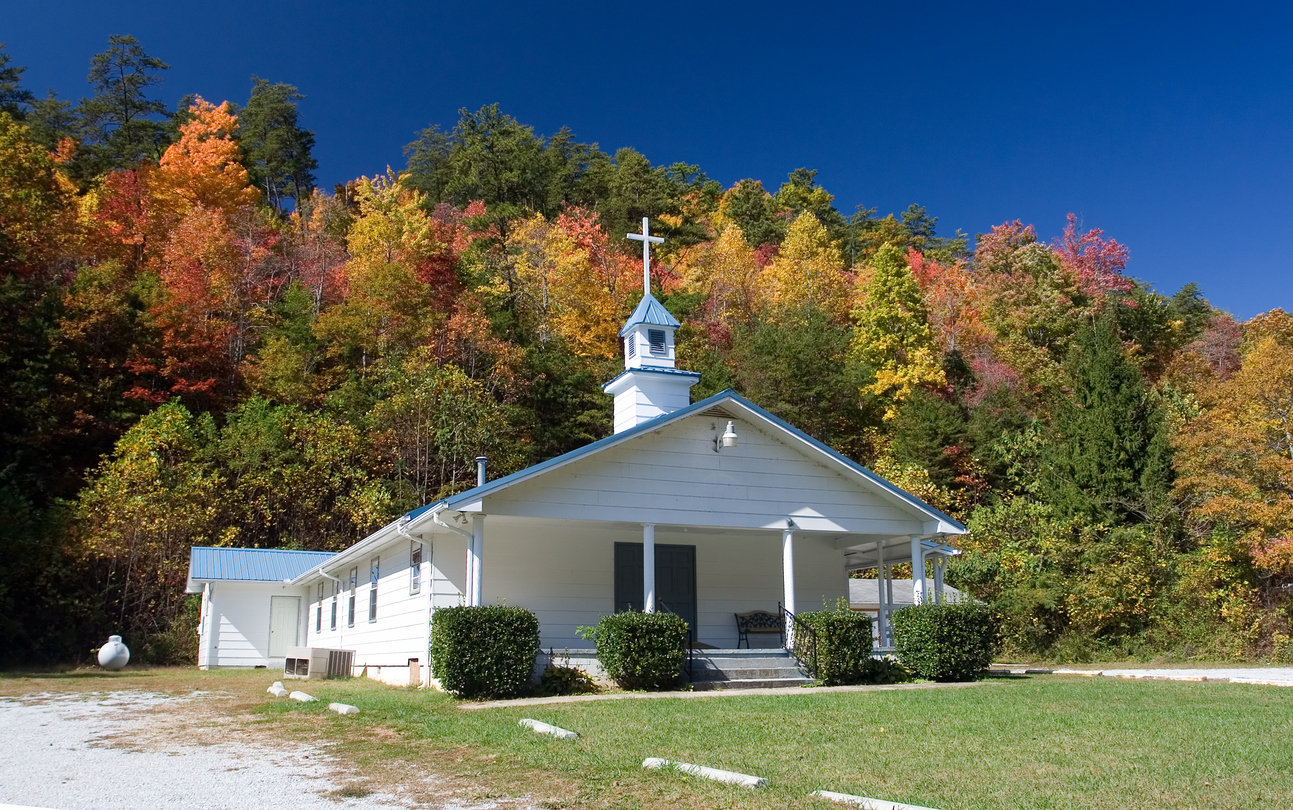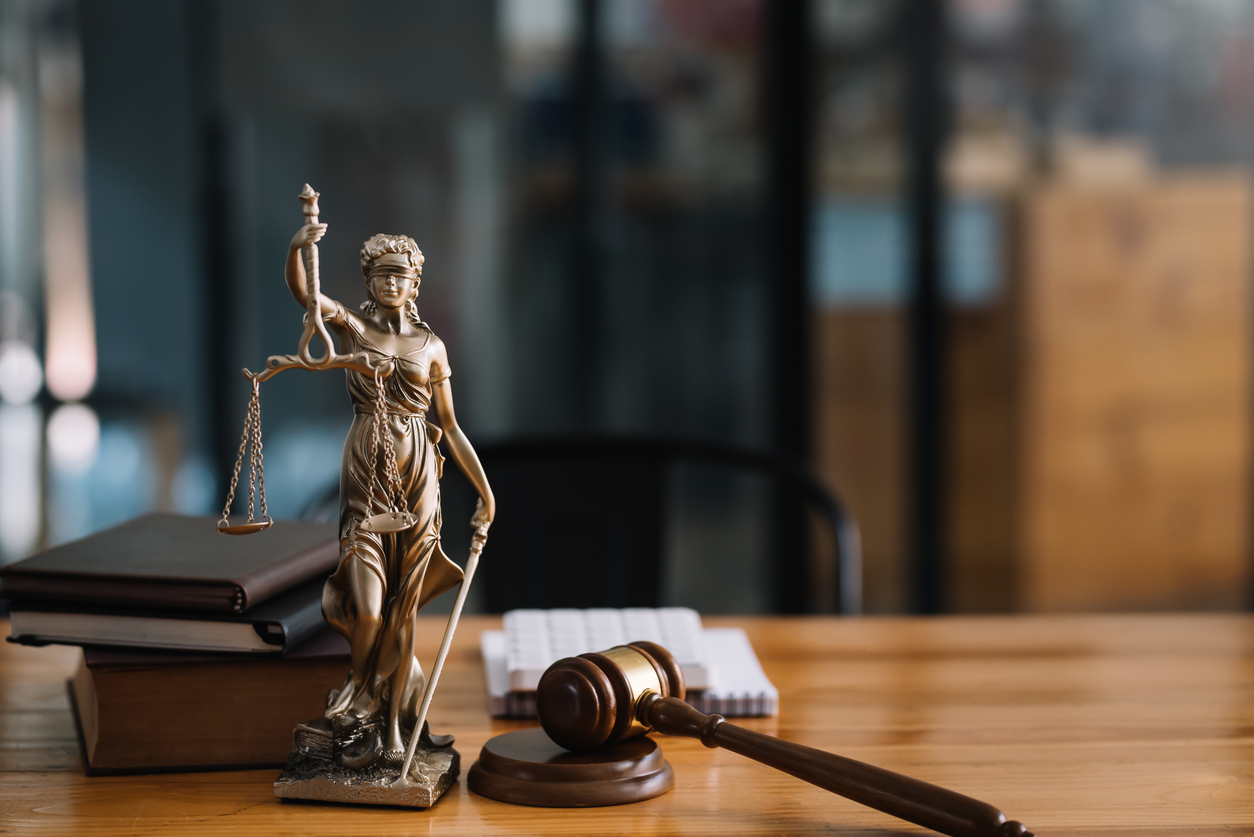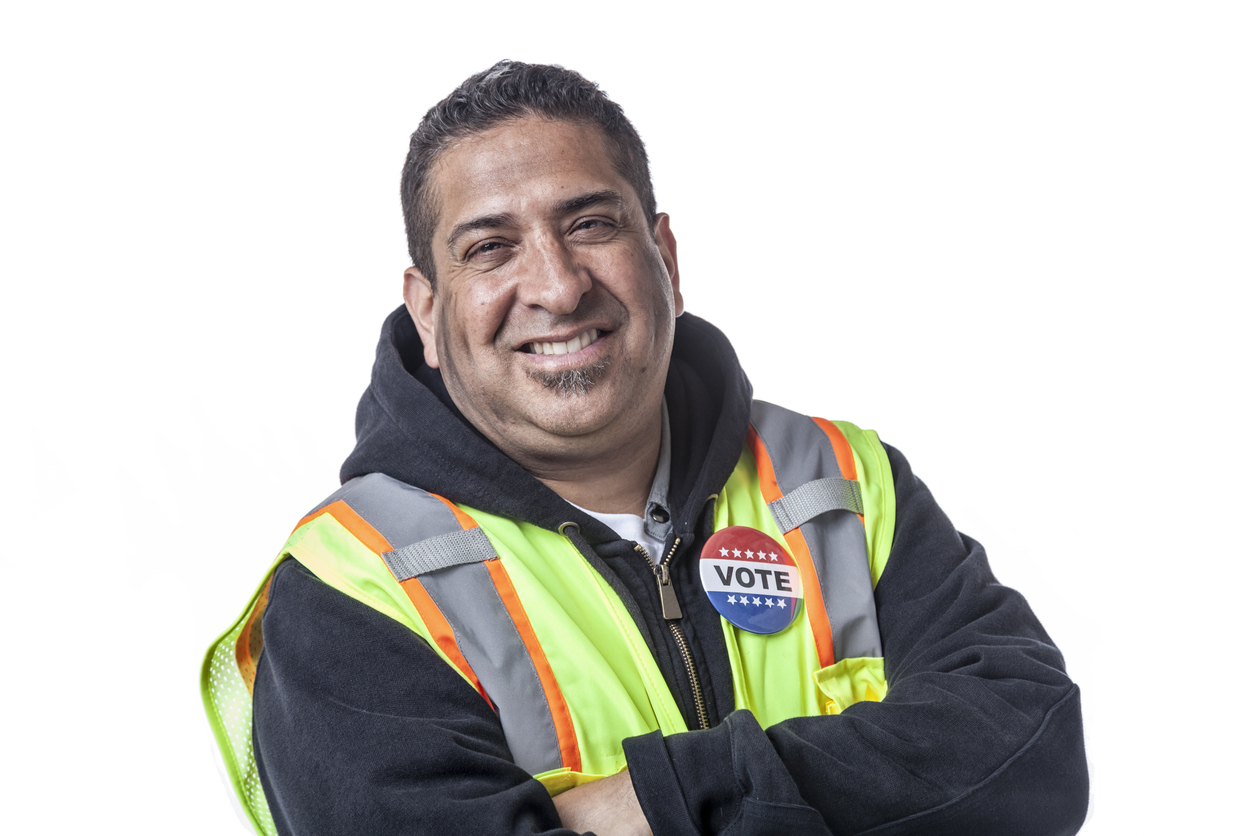Tag: Institutional Action

Argentine Catholic Clergy Oppose Javier Milei
Time Period: 2023-presentLocation: ArgentinaMain Actors: Catholic clergy, especially Curas Por la Opción Por Los Pobres (Priests for the Option for the Poor)Tactics - Letters of opposition or support - Prayer...

US Military Leaders Affirm Their Commitment to Democracy
Time Period: January 2021Location: Washington, DCMain Actors: US Joint Chiefs of StaffTactics - Letters of Opposition or Support On January 6th, 2021, the United States faced a direct threat to...

Southern Baptist Leaders Condemn the January 6th Insurrection
Time Period: 2020-presentLocation: United StatesMain Actors: The Southern Baptist Convention; Russell MooreTactics - Personal Statements - Blogging or Online Article Writing - Newspapers and Journals The Southern Baptist Convention (SBC)...

US Lawyers Use Litigation Against Assaults on Democracy
Time Period: 2016-presentLocation: United StatesMain Actors: LawyersTactics - Civic Engagement - Media Outreach - Legal Aid - Petitions - Signed Letters of Support In the aftermath of the 2020 election,...

American Unions Mobilize Poll Workers
Time Period: 2020Location: United StatesMain Actors: AFL-CIO, AFSCME, SEIU, AFT, UNITE HERE, union membersTactics - Institutional Action The 2020 election tested the strength of US democracy. Due to the COVID-19...

Check My Ads Illuminates Authoritarian Advertising
Time Period: 2021-PresentLocation: United States, Online CampaignMain Actors: Check My Ads InstituteTactics Used - Online Boycotts - Social Media Campaigns - Newsletters In 2021, Nandini Jammi and Claire Atkin, two...
